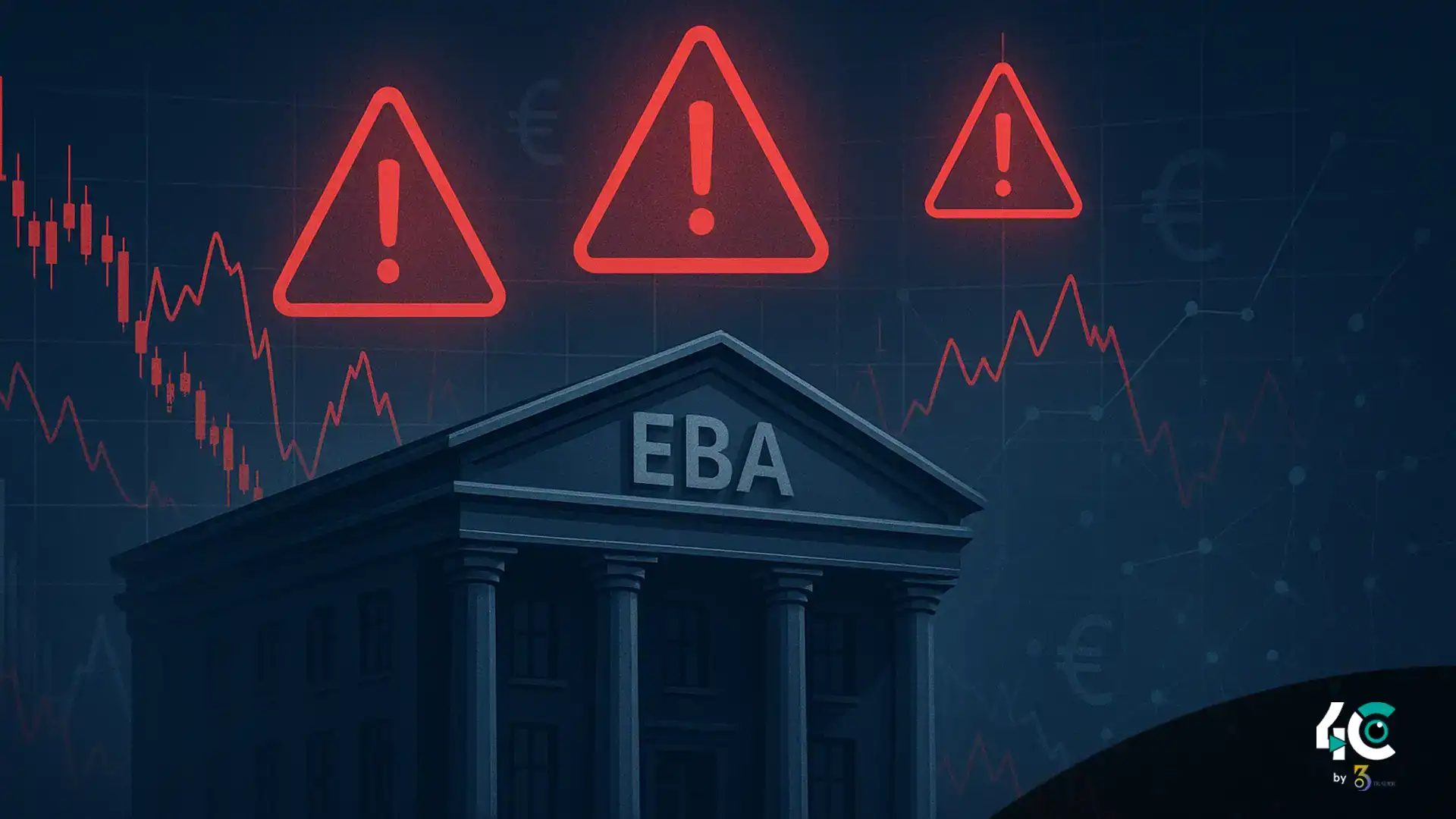EBA Flags Crypto Firms Dodging MiCA, AML, and CFT Rules
According to the European Banking Authority (EBA), the cryptocurrency industry is taking action to avoid the new regulations of the European Union, which include Markets in Crypto Assets (MiCA) and the extended AML/CFT legislation.
Since late 2024, MiCA has been fully effective, providing a uniform regulatory standard for crypto asset providers across the EU’s 27 member states.
While the EBA did not name specific companies, it stated that some continue to exploit regulatory loopholes, posing a threat to the EU’s financial system.
Growing Popularity of “Forum Shopping” in the EU Crypto Space
A significant risk called “forum shopping” occurs when crypto businesses get approval from countries with lighter regulation. Once authorized, these firms can legally operate across the EU using MiCA’s passporting procedure.
The report states that firms may withdraw from stricter jurisdictions and operate where oversight is limited. Entities with weak AML/CFT controls can enter the EU market by selecting countries with lighter requirements.
MiCA gives companies until July 1, 2026, to obtain licenses or face rejection. Regulators warn that some firms may continue operating while their appeals are processed.
Also Read : Morgan Stanley Highlights Crypto Investment Amid Bitcoin Surge
Supervisory Arbitrage is Legal but Risky
Dr. Hendrik Müller-Lankow, a lawyer at the German crypto law firm Kronsteyn, notes that supervisory arbitrage is common across the EU:
“EU regulators must come to terms with this reality if there is to be a single market together with national supervisor powers.”
Differences in enforcement across member states create loopholes for circumvention. Experts suggest centralized EU oversight may be needed.
The EBA report highlights that certain crypto firms use complex corporate structures to obscure accountability. For example, a Virtual Asset Service Provider (VASP) might operate in the EU through 20+ entities outside the EU, facilitating potential illicit activities.
Fake companies can process dirty money and make it appear as legitimate transactions through legal firms.
How MiCA Affects Crypto Service Providers
Markets in Crypto Assets (MiCA) is the first EU regulation establishing licensing and compliance rules for crypto. It covers:
- Exchanges
- Wallet providers
- Stablecoin issuers
- Other crypto service providers
MiCA also sets AML/CFT standards, governance, and reporting requirements.
Despite the rules, the EBA warns that enforcement gaps and supervisory inconsistencies could allow bad actors to exploit the EU single market. To ensure a secure and transparent crypto ecosystem, stricter supervision and tighter control over corporate structures may be necessary.



























